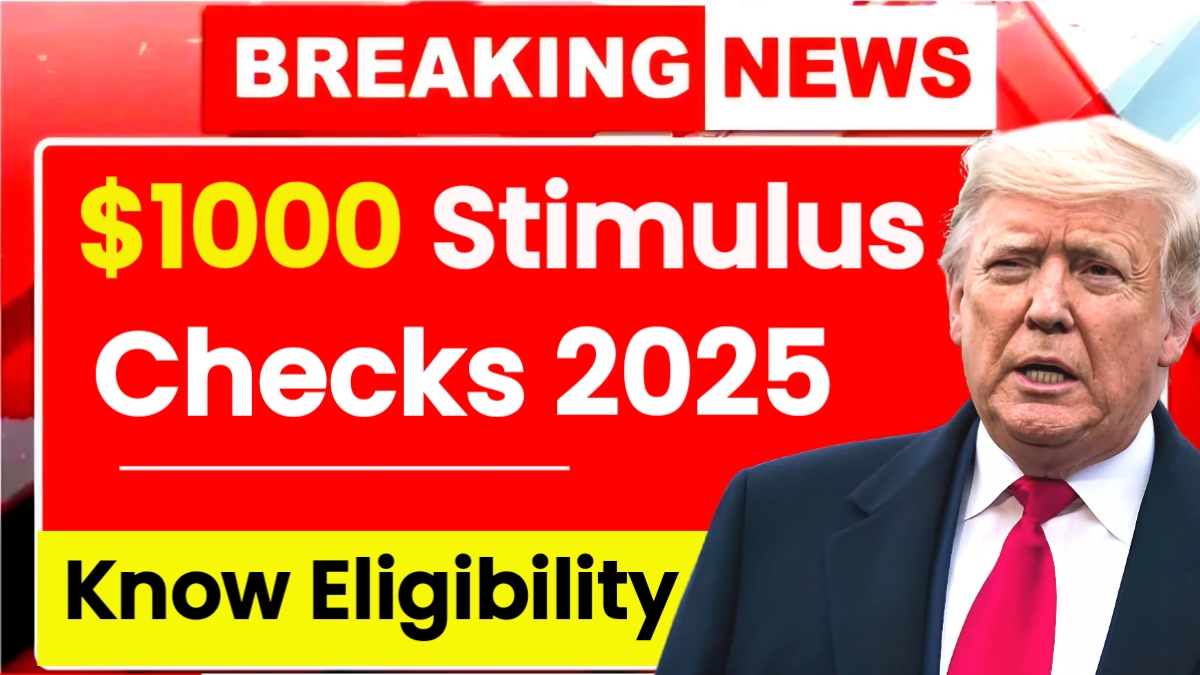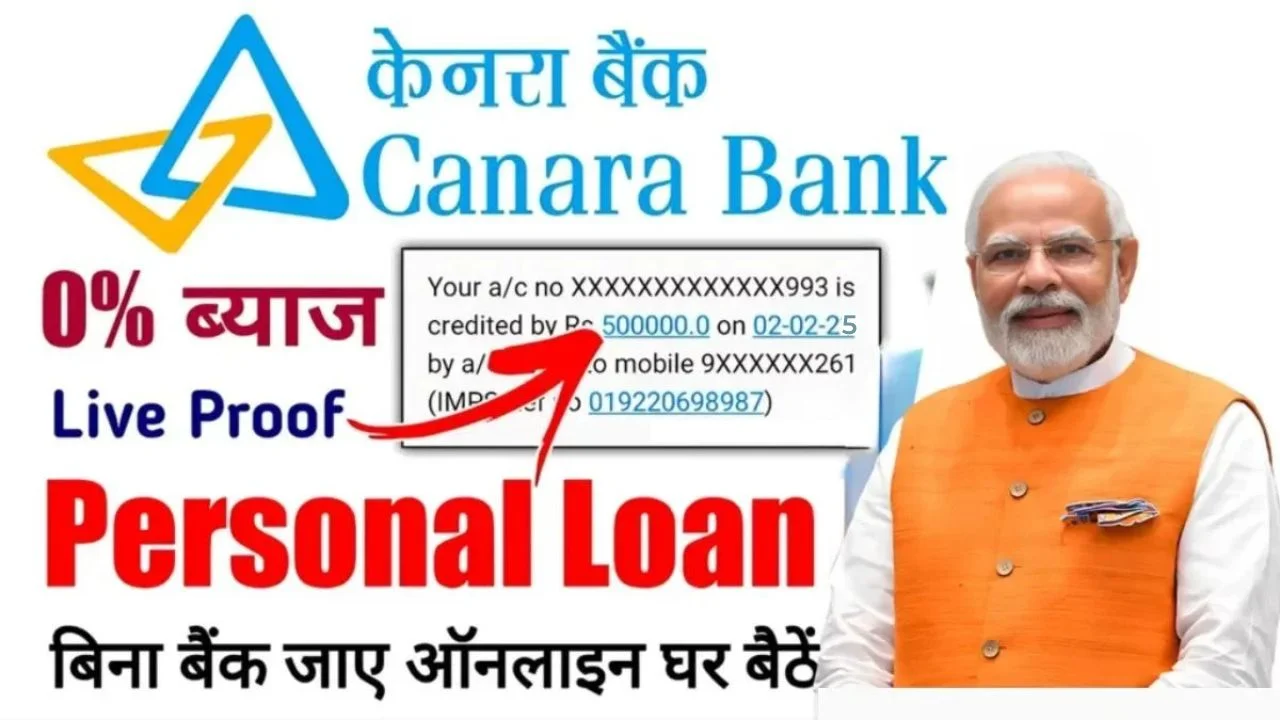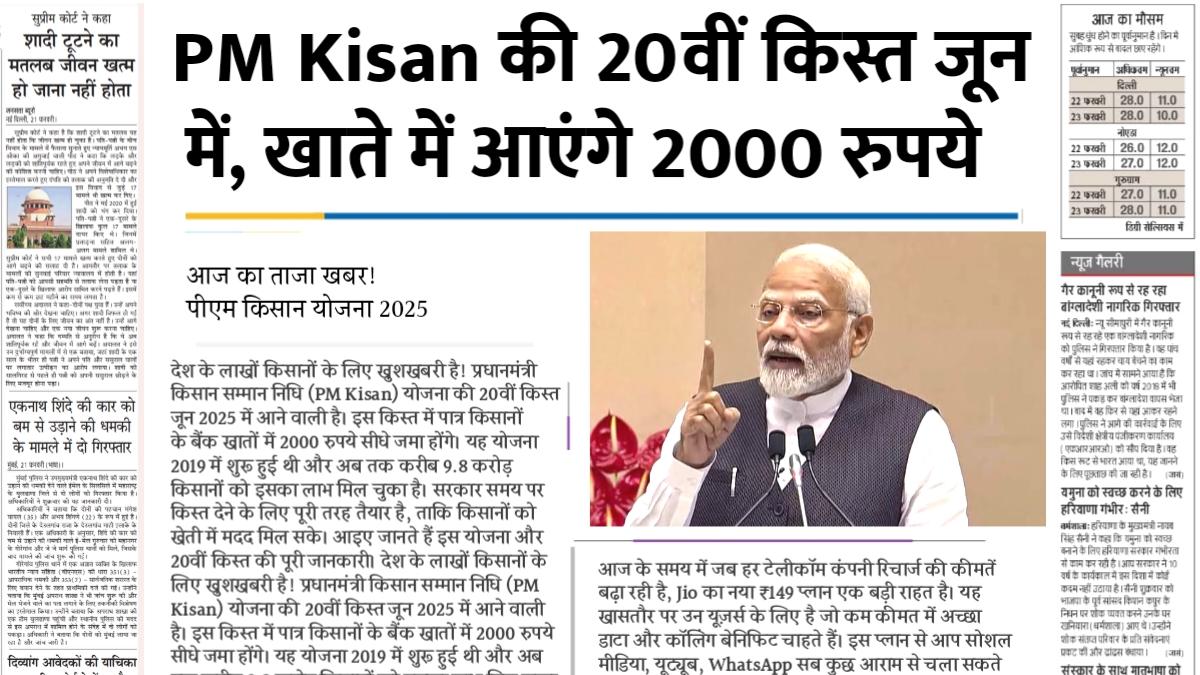$1000 Stimulus Checks 2025: Pennsylvania has launched a comprehensive financial relief program designed to help its most vulnerable residents cope with increasing living expenses. The state recognizes that many families, particularly those on fixed incomes, are struggling to afford basic necessities like housing and essential services. Through the expanded Rent Rebate Tax Program, Pennsylvania is providing direct financial assistance to help residents manage their housing costs and other critical expenses during these challenging economic times.
This initiative represents a significant commitment from the state government to support its citizens who are facing financial hardship due to inflation and rising costs across all sectors of the economy. The program specifically targets those who need assistance most, ensuring that limited resources reach the families and individuals who will benefit from them the greatest extent possible.
Governor Shapiro’s Enhanced Support Initiative
Governor Josh Shapiro has spearheaded efforts to expand Pennsylvania’s existing assistance programs by increasing the maximum payment from the previous cap of $600 to $1000. This substantial increase demonstrates the state’s recognition that previous support levels were insufficient to address current economic realities. The enhanced program aims to provide meaningful relief that can make a real difference in helping residents pay for housing-related expenses and other essential needs.
The expansion comes at a critical time when many Pennsylvania residents are experiencing unprecedented financial pressure. By nearly doubling the available assistance, the state is taking concrete action to help families maintain stable housing and avoid financial crisis. The program has already benefited over 430,000 residents, with an additional 175,000 people eligible to participate, creating a comprehensive safety net for those most in need.
Targeted Support for Vulnerable Populations
The stimulus program focuses on three specific groups who often face unique financial challenges. Senior citizens aged 65 and older represent a primary target group, as they frequently live on fixed incomes that do not adjust with inflation. These residents often struggle to manage increasing housing costs while maintaining their independence and meeting healthcare needs on limited budgets.
Disabled individuals aged 18 and above form another key group eligible for assistance. Disability often creates additional expenses while limiting earning potential, making it particularly difficult for these residents to manage rising costs. The program recognizes these unique circumstances and provides targeted support to help disabled residents maintain stable housing and meet their essential needs.
Widowed individuals aged 50 and above also qualify for assistance, acknowledging that the loss of a spouse often creates significant financial hardship. The sudden transition from dual-income to single-income households, combined with potential funeral and estate expenses, can create lasting financial challenges that this program helps address.
Income-Based Payment Structure and Application Process
Pennsylvania has implemented a fair and graduated payment system that provides the most assistance to those with the lowest incomes. Households earning between zero and $8,000 annually receive the full $1000 payment, while those with slightly higher incomes receive proportionally reduced amounts. This structure ensures that assistance reaches those with the greatest need while still providing support to working families facing financial stress.
The application process has been designed to accommodate residents’ varying circumstances and timelines. While the general application deadline extends until December 31, 2025, those seeking earlier payments must meet accelerated deadlines. Applications for May payments must be submitted by June 30, 2025, allowing for faster processing and earlier access to funds during financially challenging periods.
Program Funding and Implementation
Pennsylvania has committed $266 million in total funding to support this expanded assistance program, demonstrating substantial state investment in resident welfare. The Pennsylvania Department of Revenue manages the application process and payment distribution, ensuring that qualified residents receive direct deposits into their bank accounts. This payment method eliminates delays and provides immediate access to funds when residents need them most.
The program operates as a grant rather than a loan, meaning recipients are not required to repay the assistance they receive. This approach ensures that the financial support truly helps families improve their situations rather than creating additional debt obligations during already difficult times.
Disclaimer: This information is provided for general guidance purposes only. Program details, eligibility requirements, and payment schedules may be subject to change. Interested applicants should verify current requirements and deadlines through official Pennsylvania state resources before submitting applications.



